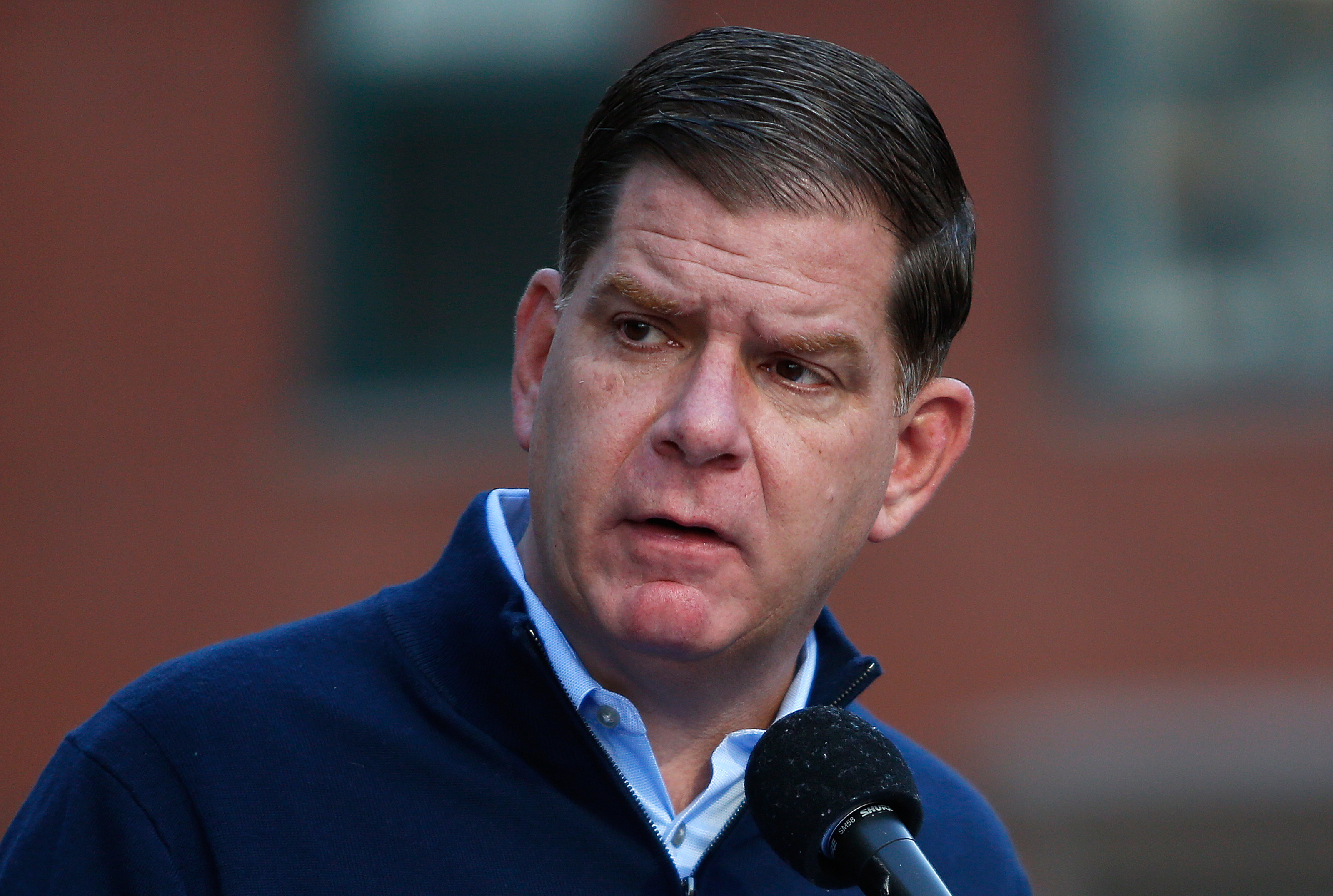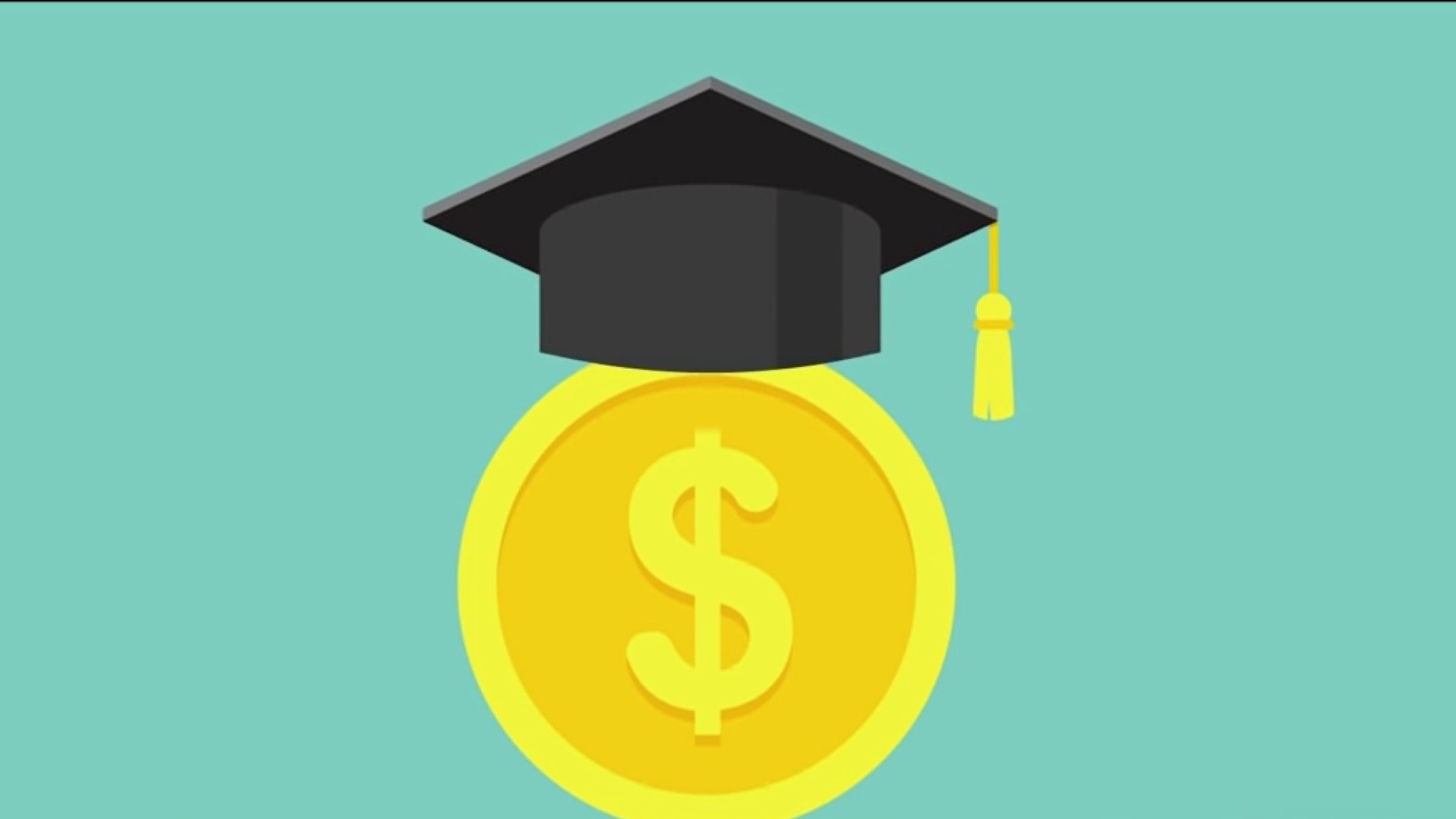Thousands of business owners in Massachusetts could get a reprieve from surprise tax bills attached to their emergency coronavirus relief.
As the NBC10 Boston Investigators first reported, the state of Massachusetts will assess a 5% tax on money that many business owners received last year through the federal government's Paycheck Protection Program.
At Signarama in Braintree, Massachusetts, for example, a PPP loan allowed owner Michael Sepinuck to keep all seven employees on the payroll, even as his machines sat idle last spring during a pandemic slowdown.
Sepinuck's loan was forgiven by the federal government, and it won't be taxed by the IRS. But he's still facing an income tax bill in Massachusetts.
"My reaction was 'Taxachusetts,'" he told NBC10 last week. "I don't know why that's justified for it to be taxed."
With many businesses still struggling to survive, there's now a bipartisan push on Beacon Hill to ensure the coronavirus relief funds aren't treated as taxable income.
State Sen. Eric Lesser, a Democrat who represents the Springfield area, filed a bill Wednesday to waive state income taxes on those forgiven loans, erasing the liability many business owners in Massachusetts currently face. The bill had 25 co-sponsors as of Friday evening.
"It was emergency aid that was given to businesses at the height of the pandemic," Lesser told NBC10 Boston. "So now to say retroactively that the money is taxable as Massachusetts income is simply not fair."
The state would likely collect income tax in the same year the debt is forgiven, meaning loans wiped off the books during the 2020 calendar year would impact tax paperwork this spring.
More on the coronavirus pandemic
Under longstanding tax laws in Massachusetts, many business owners who took out PPP loans could be responsible for paying the state income tax of 5% on any debts that are forgiven. The tax wouldn't be universal, however; it would apply to businesses registered as so-called pass-through companies, such as LLCs, partnerships, independent contractors, sole proprietors and those who are self-employed.
As we previously reported, it's not a small amount of money for the state to turn down. All those businesses that got PPP loans could produce hundreds of millions of dollars in potential tax revenue.
A spokesman for the Baker administration told us the governor would carefully review the bill if it lands on his desk.
Jim Rooney, CEO of the Greater Boston Chamber of Commerce, said changing the tax law is "just common sense" when many struggle to keep their doors open.
"Getting hit at this point in time with an unexpected tax burden will clearly increase the number of small businesses that just say, 'That's it. I can't survive anymore,'" Rooney said.



